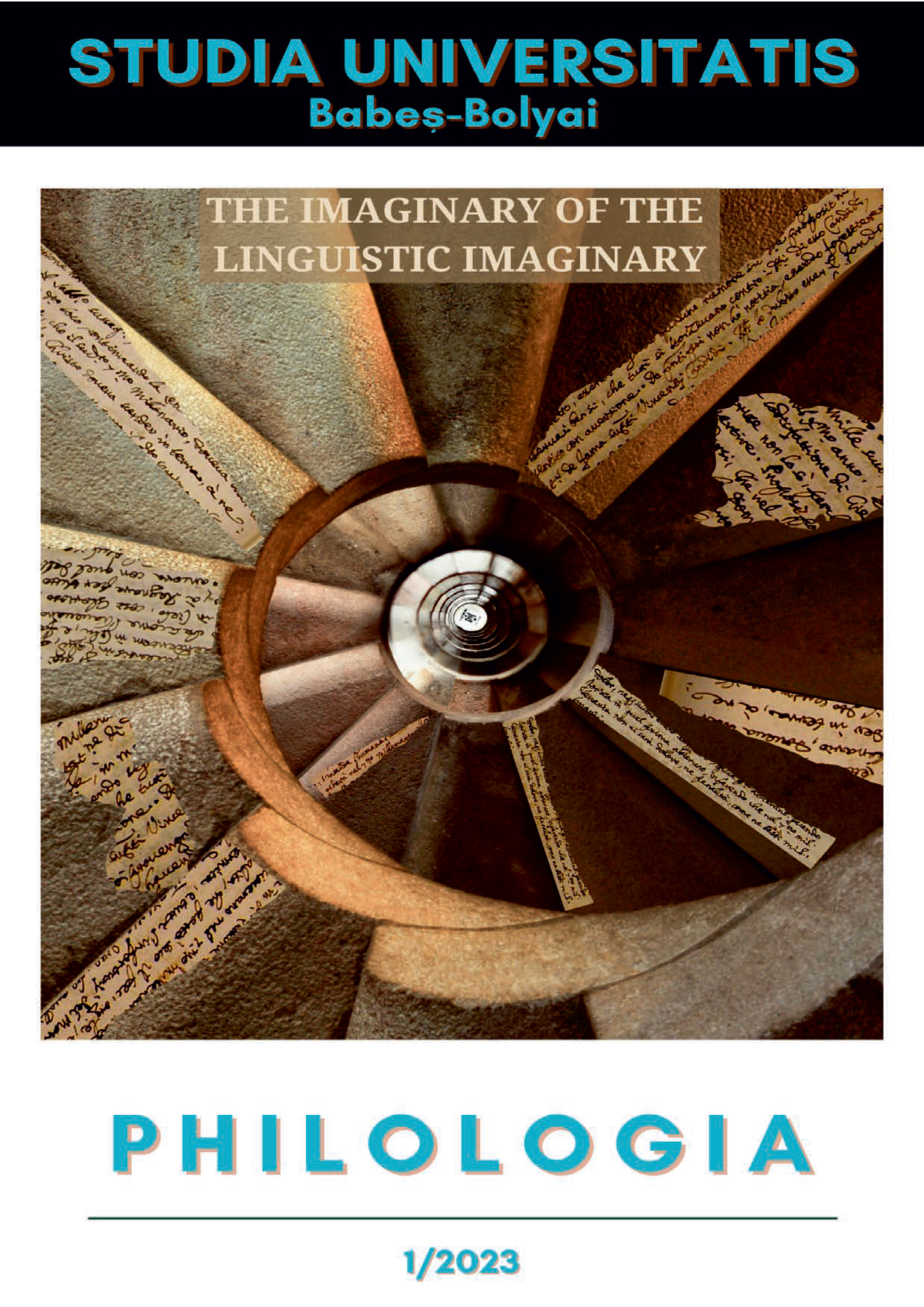FOREWORD. THE IMAGINARY OF THE LINGUISTIC IMAGINARY
Abstract
The concept of linguistic imaginary is still in the process of being accepted and taken seriously in the Romanian academic world. Although it was coined a few decades ago by Anne-Marie Houdebine-Gravaud (2002), many Romanian linguists regard it with suspicion and are somewhat intrigued by it, considering it a speculative invention (Ardeleanu 2013, 5). It seems that the main reason behind the scepticism is the fact that linguistic imaginary is perceived as not truly belonging to a consecrated line of research in Romanian linguistics. The attitude can also be explained by the fact the concept of imaginary in general has been surrounded by prejudice, as it has been associated with chaos, lack of coherence and consistency, a space in which various products of human fantasy float about freely. In fact, we encountered a similar reaction five years ago, when Babeș-Bolyai University launched an extremely ambitious project : an Encyclopedia of the Romanian Imaginaries, which included a volume dedicated to the Romanian Linguistic Patrimony and Linguistic Imaginary (Platon et alii 2020), together with four other volumes on literary, religious, historical and artistic imaginary.
Downloads
Published
How to Cite
Issue
Section
License
Copyright (c) 2023 Studia Universitatis Babeș-Bolyai Philologia

This work is licensed under a Creative Commons Attribution-NonCommercial-NoDerivatives 4.0 International License.



